Here’s the fortieth installment of LiteratEye, a series found only on The Art of the Prank Blog, by W.J. Elvin III, editor and publisher of FIONA: Mysteries & Curiosities of Literary Fraud & Folly and the LitFraud blog.
LiteratEye #40: And Death Shall Have No Dominion, Particularly If You’re a Best-Selling Author
By W.J. Elvin III
November 20, 2009
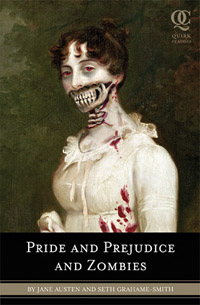 It seems a sad thing that writers who keep on pumping out books after they are dead aren’t around to enjoy the benefits. Maybe there are literary awards passed out in heaven? “Best Book By A Recently-Deceased Author.”
It seems a sad thing that writers who keep on pumping out books after they are dead aren’t around to enjoy the benefits. Maybe there are literary awards passed out in heaven? “Best Book By A Recently-Deceased Author.”
I got to thinking about that after learning that mystery writer and outdoor expert William G. Tapply, who had become just plain “Bill” over the course of our correspondence last year, died recently. He left several books still to be published.
What that leads into is the issue of after-death publishing, not the posthumous publication of completed works as in Tapply’s case but works produced under an author’s name but actually involving other writers.
Sometimes such books are based on partially completed manuscripts, or even derived from ideas jotted on a cocktail napkin. If that.
The issue takes some odd turns. Continue reading “LiteratEye #40: And Death Shall Have No Dominion, Particularly If You’re a Best-Selling Author”

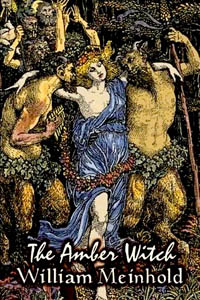 So it is always a pleasure to learn of a new book that may shed light.
So it is always a pleasure to learn of a new book that may shed light.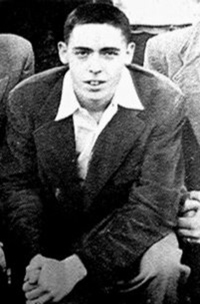 In 1996 the New Yorker ran a “Talk of the Town” piece about the notoriously reclusive Thomas Pynchon becoming a huge fan of an indie rock band called Lotion, a story the magazine now acknowledges was all a hilarious hoax.
In 1996 the New Yorker ran a “Talk of the Town” piece about the notoriously reclusive Thomas Pynchon becoming a huge fan of an indie rock band called Lotion, a story the magazine now acknowledges was all a hilarious hoax.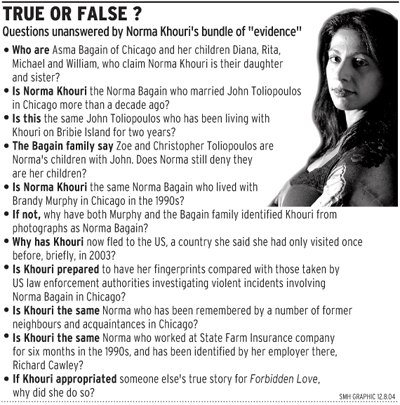
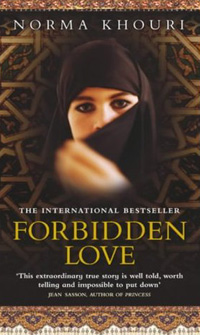 That’s not a true or false question, at least it didn’t start out that way. It’s a pivotal “fact” in Norma Khouri’s formerly best-selling
That’s not a true or false question, at least it didn’t start out that way. It’s a pivotal “fact” in Norma Khouri’s formerly best-selling